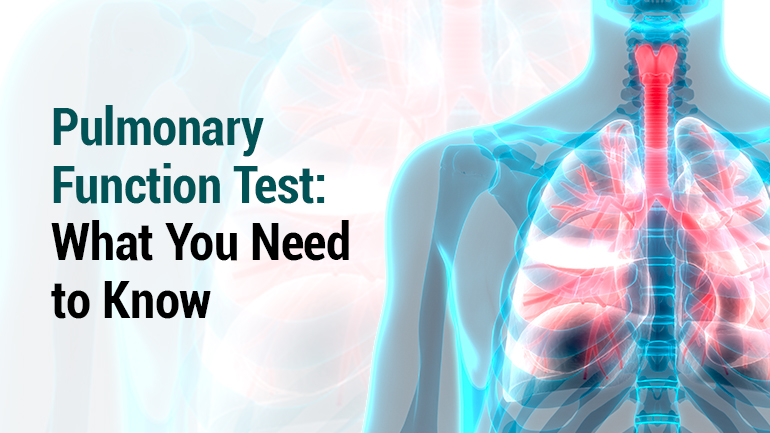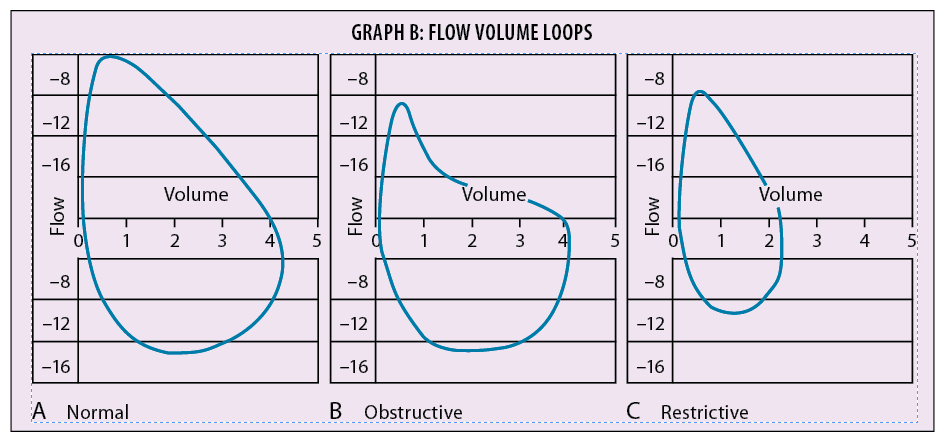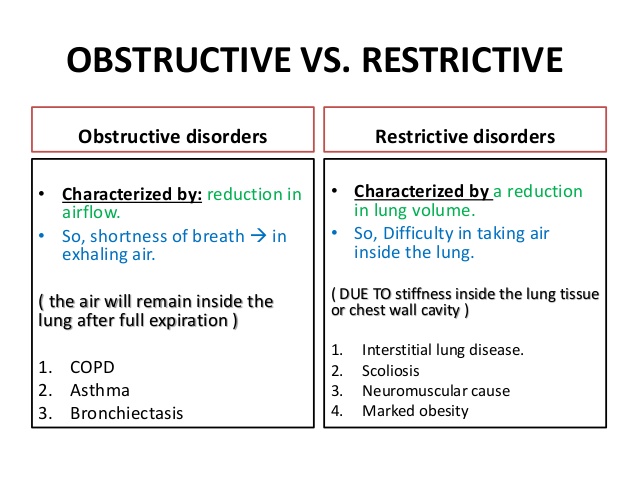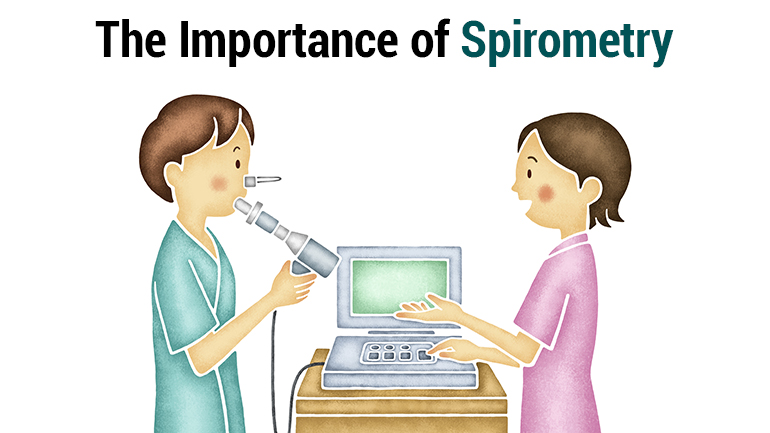Lung Function Testing
Posted on June 3rd, 2019 by Andries Lodder

Lung function testing consists of a variety of tests that check how efficiently the lungs work. The most commonly practiced test is spirometry.
Spirometry is used to detect the amount of air the lungs can hold and how forcefully one can empty air from the lungs. It is commonly used to screen for breathing problems. These include; diseases that affect lung volumes and airways, such as chronic obstructive pulmonary disease (COPD) or asthma.
There are 2 types of disorders that cause problems with air moving in and out of the lungs:
- Obstructive – This is when air has trouble flowing out of the lungs due to airway resistance. This causes a decreased flow of air.
- Restrictive – This is when the lung tissue and/or chest muscles can’t expand enough to accommodate the air. This creates problems with air flow, mostly due to lower lung volumes.
About Spirometry:
These tests are not painful. They are performed by a pulmonary function technician (or biokineticist), who will require you to use maximal effort to blow out and breathe in air into a device. The tests are repeated a minimum of 3 and maximum of 8 times to make sure the results are accurate.
There are certain pre-test instructions that should be made aware to the patient before the test:
- Do not smoke 6 hours prior to testing.
- Avoid consuming alcohol 4 hour prior to testing.
- No heavy exercise 30 minutes prior to testing.
- If they use a short acting inhaler, it should not be consume 6 hours prior to testing.
- Wear lose fitting clothing.
- Do not eat a heavy meal before the test.
When to perform a pulmonary function test?
If suspected or screening for:
- Allergies
- Respiratory infections
- Trouble breathing from injury or surgery
- Chronic lung conditions
- Restrictive airway problems
- Exercise induced asthma
Once the test has been completed your results will be presented to the technician. The results will be interpreted by a medical practitioner and the appropriate responses will be taken to ensure your optimal health.

Graphs depicting a normal, obstructive and restrictive flow volume loop which the medical practitioner will interpret.
For more information on lung function testing and to know whether you should perform a test or not, contact us and let us guide you.
Tweet

